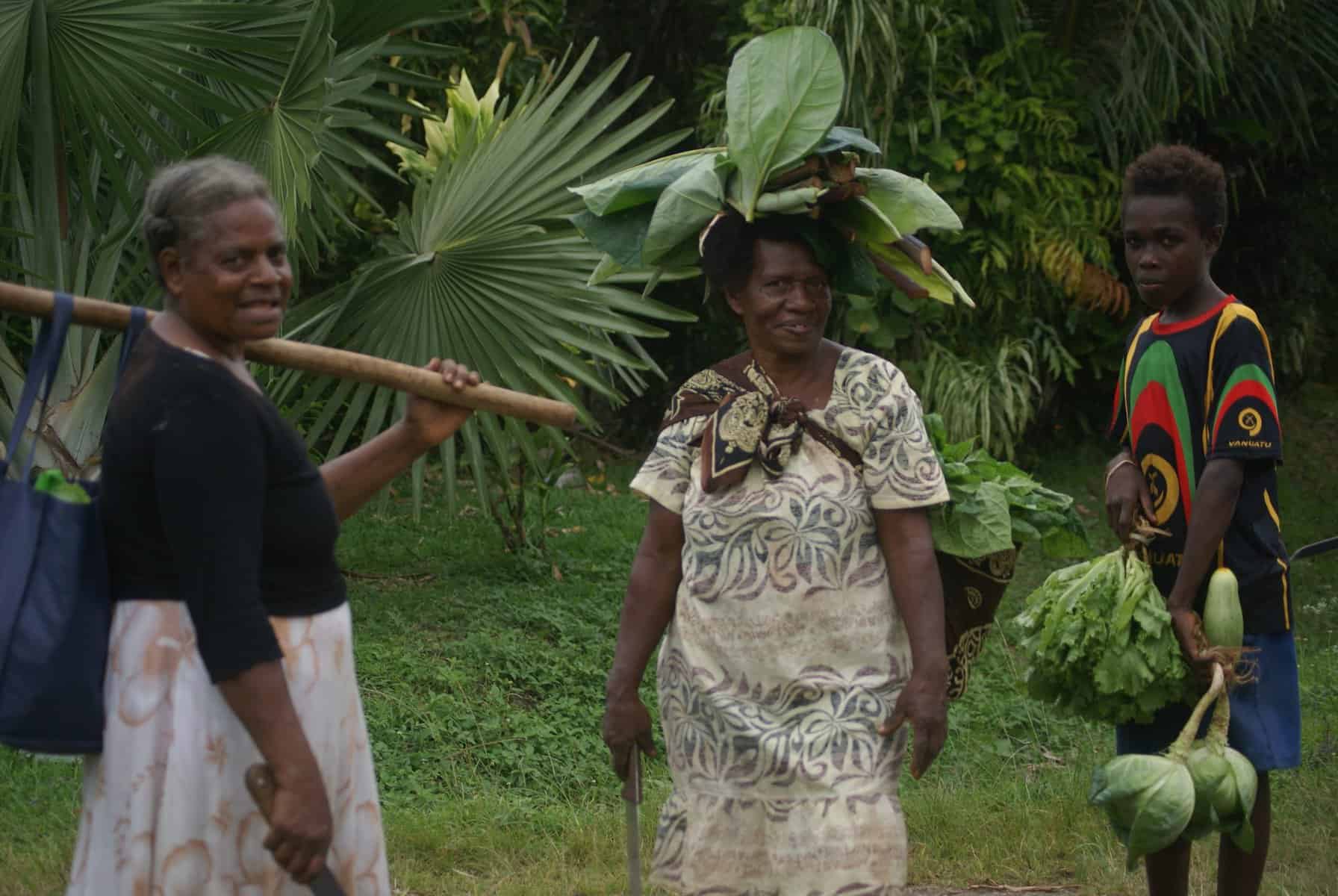The international community has been urged to invest in agricultural innovation in a way that includes traditional practitioners and acknowledges the interconnectedness of agriculture with nutrition, culture, climate and many other aspects of Pacific life.
Dr Audrey Aumua, who is CEO of the Fred Hollows Foundation NZ and the former Deputy Director General of the Pacific Community in Suva, made this point during 2022 Sir John Crawford Memorial Address recently.
Noting the vulnerability of Pacific islands’ agricultural sector to environmental challenges, biodiversity loss, natural disasters and economic shocks, Dr Aumua noted that the
Please Subscribe to view full content...
Register New Account
